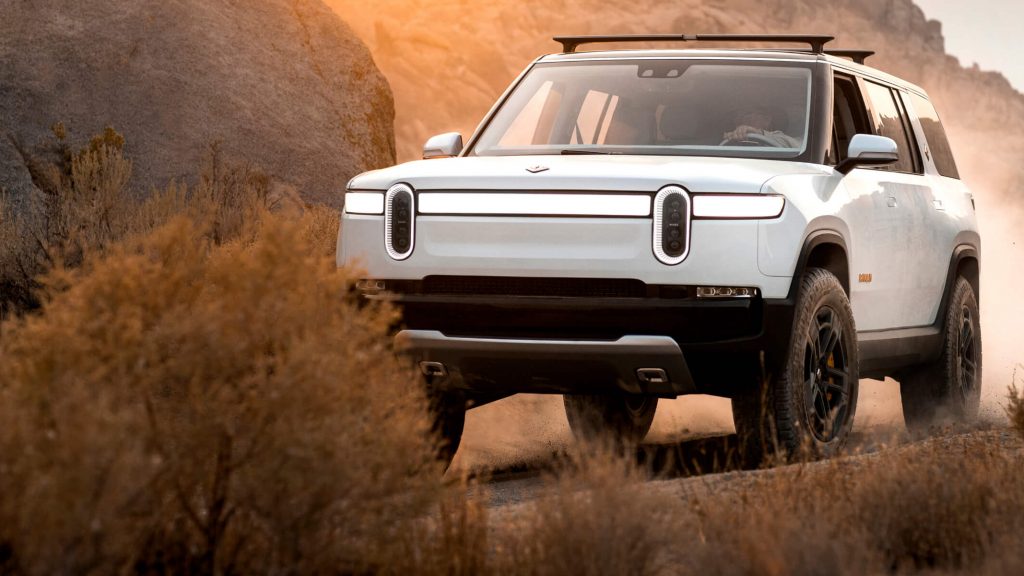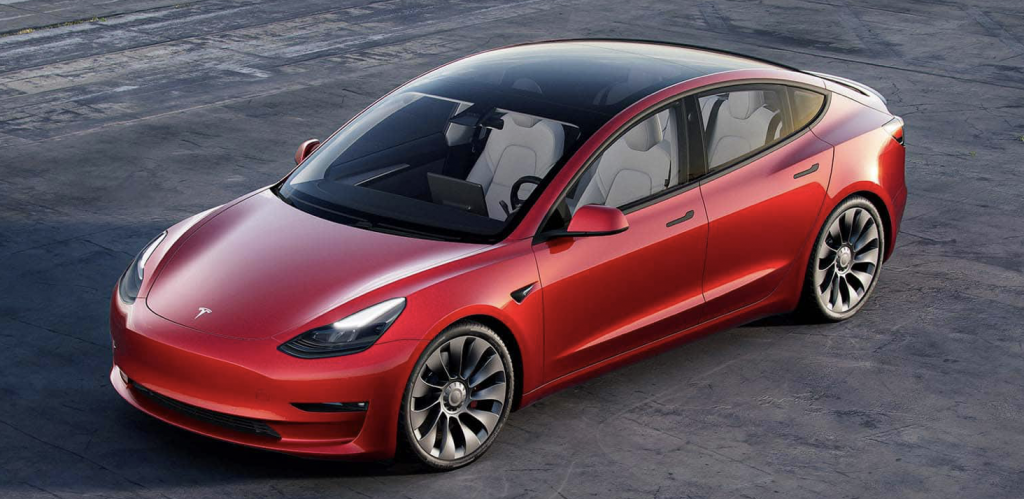Electric Cars Will Reach A Pivotal Point In 2022?
Electric cars are poised to make big moves in 2022, find out why.
This article is more than 2 years old

Last year, a lot of cars that ran solely on a battery source were sold in the United States. Europe and China also saw large increases in their sales volumes of the vehicles. Interestingly, the deliveries of fossil-fuel vehicles remained flat, signaling that the electric car industry is primed to reach a pivotal point in 2022.
Automobile manufacturers will begin selling electric versions of one of America’s favorite vehicle types, pickup trucks, this year, bringing battery-powered automobiles closer to the mainstream public. Their advent will be the most significant change in the auto industry since Henry Ford unveiled the Model T in 1908. Just the same, the latest advent will leave behind multiple, ongoing implications. Such implications will largely affect the automobile industry’s employees, corporations, and the environment. Tailpipe emissions are one of the most significant contributions to climate change.
Although electric vehicles still account for a small percentage of the market — nearly 9% of new cars sold worldwide last year were electric, up from 2.5% since 2019 according to the International Energy Agency — there is a good chance 2022 is the year when battery-powered cars will begin to become unstoppable. And as they increase in popularity and efficiency, this will help erase any doubt that the internal combustion engine is on its way out.
Electric vehicles can and already do enhance air quality. They also assist in the slowing of global warming. Because of the prevalence of electric vehicles in Southern California, the air there is already better. And the boom is a rare bit of good news for President Biden, who has fought in Congress to get his climate policy passed.
According to Wedbush Securities, an investment firm, the car industry is on track to invest half a trillion dollars over the next 72 months into its transition to electric vehicles. This money will be used to renovate and construct factories, train workers, develop software, and enhance dealerships, among other things. Just in the United States, companies are planning more than a dozen new electric car and battery factories.

In an interview, Scott Keogh, CEO of Volkswagen Group of America, gave his opinion. He says it’s certainly one of the biggest industrial changes in the history of capitalism. The purpose is vast, and the investments are massive. It’s worth noting, however, that not everyone is projected to benefit from the changes. Mufflers and fuel injections along with various other parts manufacturers face the increased possibility of going out of business, putting many people out of employment.
Moreover, Battery components such as lithium, nickel, and cobalt may become more valuable than oil over time. Prices for these materials are already increasing, which may limit short-term sales by driving up the cost of electric vehicles. The changeover could also be hampered by a scarcity of charging stations, which has made electric cars less enticing to long-distance drivers and apartment dwellers who can’t charge at home. In the United States, there are fewer than 50,000 public charging outlets. The $7.5 billion infrastructure measure passed by Congress in November includes funding for 500,000 additional chargers.
It may take some time to notice the environmental benefits of electric vehicles. Nonetheless, the electric vehicle revolution is already transforming the automobile business. Tesla is the biggest winner — and the biggest threat to the established order. In 2021, the company, led by Elon Musk, delivered roughly a million cars, a 90 percent increase over 2020. Rivian is also an up-and-coming player that is poised to attract a different driving demographic to the electric vehicle market.
However, Tesla is still a small company in comparison to the big automakers, but it dominates the fastest-growing segment. The corporation is valued at almost $1 trillion on Wall Street, more than ten times that of General Motors. That means Tesla, which is building factories in Texas and Germany, can easily expand.
Analysts predicted that electric vehicles would not take off until they were as cheap to buy as gasoline vehicles, which is still a few years away for moderately priced automobiles that most people can afford. Affluent consumers are increasingly turning electric as harsh weather makes the disastrous implications of climate change more real. As marketers continue to spread the word about electric cars, it’s important to highlight how the cars are easy to maintain, cheap to refuel, and pleasant to drive.



